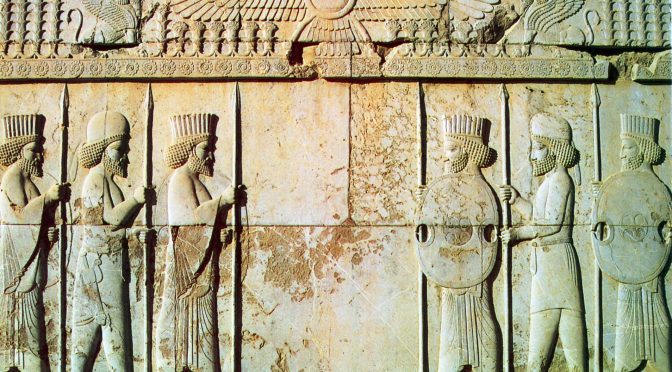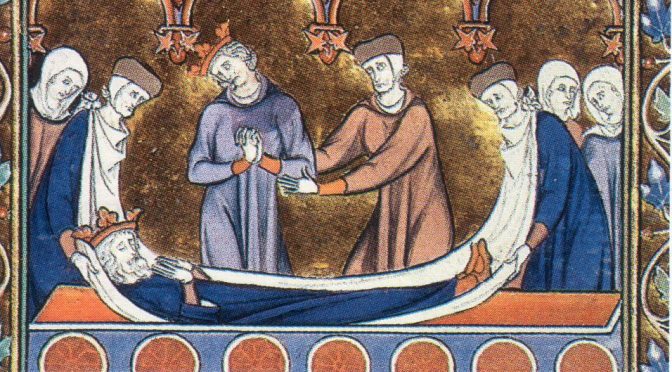This year, the combined annual meeting of the Society of Biblical Literature and American Academy of Religions takes place November 19–22 in San Antonio (Texas, USA).
We have, once again, made the scheduling for your annual experience easier by gathering together all contributions of our Finland-based Centre of Excellence in Changes in Sacred Texts and Traditions to these annual meetings. The contributions are grouped under four headings corresponding to the different research teams in our centre. You can find the abstracts of the papers and more information on the sessions by using the excellent AAR/SBL online program book and mobile planner.
Prior to the AAR/SBL annual meeting, there is also the annual meeting of the American Schools of Oriental Research in San Antonio, which takes place November 16-19 in the InterContinental Buckhead Atlanta hotel. Our CSTT contributes to that meeting too!
We hope to meet you all in San Antonio!
Team 1. Society and Religion in the Ancient Near East
CSTT-director Martti Nissinen is a member of two editorial boards: S19-101 Ancient Near East Monographs and S20-229 Writings from the Ancient World.
Nov 20 – 16:00–18:30
Martti Nissinen: “The Ritual Aspect of Prophecy” in Prophetic Texts and Their Ancient Contexts
Nov 22 – 9:00–11:30
Martti Nissinen: Presiding in Hebrew Scriptures and Cognate Literature, theme: Manuscripts, Scribal Culture, Scribal Change
Nov 18 – 16:20–18:25 (ASOR)
Helen Dixon: Presiding the session “8H. Archaeology of Lebanon”
Nov 19 – 10:40–12:45 (ASOR)
Helen Dixon: “Perfuming the Dead: Evidence for the Use of Aromatic Oil and Resins in Phoenician Mortuary Practice” in Senses and Sensibility in the Near East II
Nov 21 – 9:00–11:30
Helen Dixon: “’Place My Name Beside Your Own!’: Publishing in Perpetuity in Achaemenid Phoenicia” in Book History and Biblical Literatures
Nov 22 – 9:00–11:30
Izaak J. de Hulster: “There were figurines in Yehud!” in Archaeology of the Biblical World
Nov. 19 – 17:25–17:55 (ASOR)
Saana Svärd: “Arabian Queens: Constructs of Gender and Ethnicity in the Neo-Assyrian Empire” in Gender in the Ancient Near East
Team 2. Text and Authority
Nov 19 – 9:00–10:45
Anneli Aejmelaeus: Presiding in Textual Criticism Samuel – Kings, theme: “The Antiochian Text and Manuscripts: 2 Samuel”
Nov 19 – 13:00–15:30
Anneli Aejmelaeus: Presiding in Textual Criticism Samuel – Kings, theme: “The Antiochian Text and Manuscripts: 1–2 Kings and Joshua”
Nov 22 – 9:00–10:15
Anneli Aejmelaeus: “The Lucianic Text of 1 Samuel: A Revised and Augmented Edition of the Old Greek” in Textual Criticism Samuel – Kings
Tuukka Kauhanen: “Lucianic Readings in Non-Antiochian Witnesses in 2 Samuel” in Textual Criticism Samuel – Kings
Nov 19 – 13:00–15:30
Katja Kujanpää: “Altered for the sake of Argumentation: Divine Hardening in the Quotations in Rom 11:8–10” in Rhetoric and the New Testament
Nov 21 – 9:00–11:30
Marika Pulkkinen: “The Distinct Functions of an Explicit Quotation and a Vague Reference in Paul’s Use of Psalms” in Intertextuality in the New Testament
Nov 19 – 13:00–16:00
Miika Tucker: “Renderings of the Infinitive Construct in Septuagint Jeremiah” in International Organization for Septuagint and Cognate Studies
Nov 19 – 16:00–19:00
Drew Longacre: “A Text-Critical Analysis of Rahlfs 896 and 960” in International Organization for Septuagint and Cognate Studies
Nov 22 – 9:00–11:45
Drew Longacre: “Two Selective Texts of Exodus: A Material Analysis of P. Rendel Harris Inv. 54 c and P. Berlin 13994” in Papyrology and Early Christian Backgrounds
Nov 19 – 9:00–10:15
Pablo Torijano (visiting scholar): “Reassesing the Lucianic Tradition: Towards a New Methodology of Textual Characterisation” in Textual Criticism of Samuel – Kings
Team 3. Literary Criticism in the Light of Documented Evidence
The team leader Juha Pakkala is a member of the editorial board S20-104c TC: A Journal of Biblical Textual Cricitism.
Nov 19 – 16:00–18:30
Juha Pakkala: “The Influence of Political Treaties on Deuteronomy and Deuteronomism” in Book of Deuteronomy
Reinhard Müller: Presiding in Book of Deuteronomy, theme: “Treaty and Covenant: Deuteronomy in Light of the Neo-Assyrian and Aramaic adê-tradition”
Nov 20 – 9:00–11:30
Reinhard Müller: “Yhwh and Ashur in Isa 30:27–33” in Formation of Isaiah
Nov 20 – 13:00–15:30
Reinhard Müller: Panelist in The Formation of the Pentateuch Review Session, theme “Review of Jan Christian Gertz, Bernard M. Levinson, Dalit Rom-Shiloni, and Konrad Schmid, eds., The Formation of the Pentateuch: Bridging the Academic Cultures of Europe, Israel, and North America (Mohr Siebeck Verlag, 2016).
Nov 20 – 9:00–11:30
Urmas Nõmmik: “Parallelism in Prose – Help from Epigraphic Evidence?” in Biblical Hebrew Poetry
Nov 21 – 9:00–11:30
Francis Borchardt: Presiding in Hebrew Bible and Political Theory, theme: “Jewish Ethnicity in the Hellenistic and Roman Periods”
Nov 21 – 13:00–15:30
Francis Borchardt: “The Hero and the Construction of Judean Ethnicity” in Hebrew Bible and Political Theory; Hellenistic Judaism
Nov 22 – 9:00–11:30
Francis Borchardt: “Idolatry, Retribution, and the Judean Homeland: Deuteronomic Ideology in 4 Maccabees” in Book of Deuteronomy
Nov 19 – 13:00–15:30
Ville Mäkipelto: “Are There Old Greek Readings in the Antiochian Text of Joshua 24” in Textual Criticism Samuel – Kings
Timo Tekoniemi: “On the Verge of Textual, Literary, and Redaction Criticism: The Case of 2 Kings 17:7” in Textual Criticism Samuel – Kings
Nov 20 – 16:00–18:30
Ville Mäkipelto: “Theological Corrections in MT Joshua 24 as Revealed by the LXX” in International Organization for Septuagint and Cognate
Timo Tekoniemi: “Is There a (Proto-)Lucianic Stratum in the Text of 1 Kings of the Old Latin Manuscript La115?” in International Organization for Septuagint and Cognate
Team 4. Society and Religion in Late Second Temple Judaism
Nov 20 – 9:00–11:30
Jutta Jokiranta: Presiding and introducing in Qumran; Mind, Society, and Religion in the Biblical World, theme: “Qumran in Mind: Exploring Cognitive Science of Religion and the Dead Sea Scrolls”
Nov 22 – 9:00–11:30
Jutta Jokiranta: Organizing of book review session: New Books on Cognitive and Ritual Approaches to the New Testament and Early Christianity: Risto Uro, Ritual and Christian Beginnings (Oxford University Press, 2016) and Istvan Czachesz, Cognitive Science and the New Testament: A New Approach (Oxford University Press, 2016).
Nov 19 – 16:00–18:30
Raimo Hakola: “The First Century CE Galilean Economy Reexamined: The Production and Trade of Fish as Source of Economic Growth” in Early Christianity and the Ancient Economy
Nov 18 – 8:20–10:25 (ASOR)
Rick Bonnie: “How Would Jews have Experienced the Early Synagogues?” in Senses and Sensibilities in the Near East I
Nov 19 – 16:00–18:30
Hanna Tervanotko: “Scribes and Chresmologoi as Interpreters of Prophetic Collections” in Book History and Biblical Literatures
Nov 20 – 9:00–11:30
Hanna Tervanotko: “Jeremiah and Ancient Greek Literature: Exploring Intertextual Connections between Jeremiah and Aeschylus’ Agamemnon” in Writing/Reading Jeremiah
Nov 21 – 9:00–11:30
Elisa Uusimäki: “The Maskil of the Dead Sea Scrolls among the Hellenistic Jewish Sages” in Wisdom in Israelite and Cognate Traditions
Nov 22 – 9:00–11:30
Elisa Uusimäki: “Contextualizing Ben Sira’s Understanding of Lived Wisdom” in Deuterocanonical and Cognate Literature
Nov 20 – 16:00–18:30
Sami Yli-Karjanmaa: “Philo’s Position on Reincarnation” in Philo of Alexandria Seminar; theme: Reincarnation and Afterlife in Philo and His World.

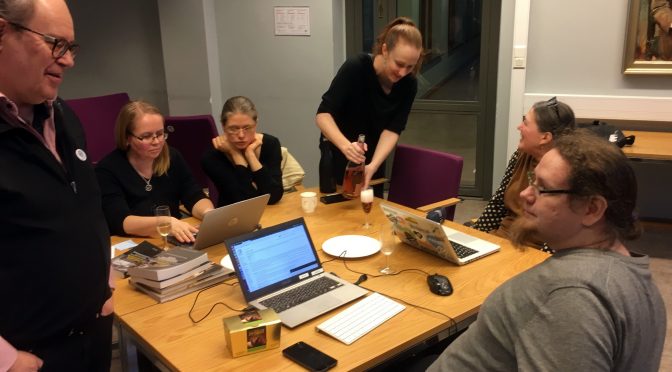

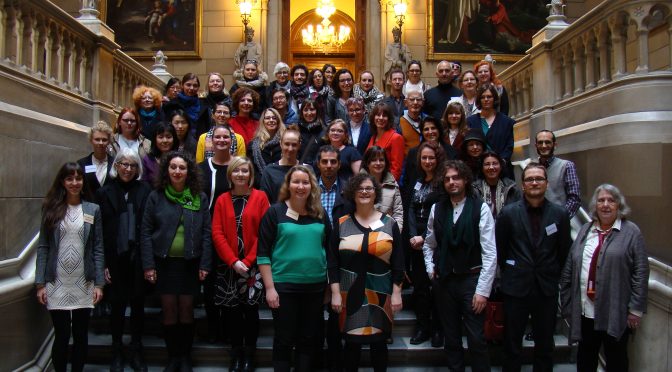
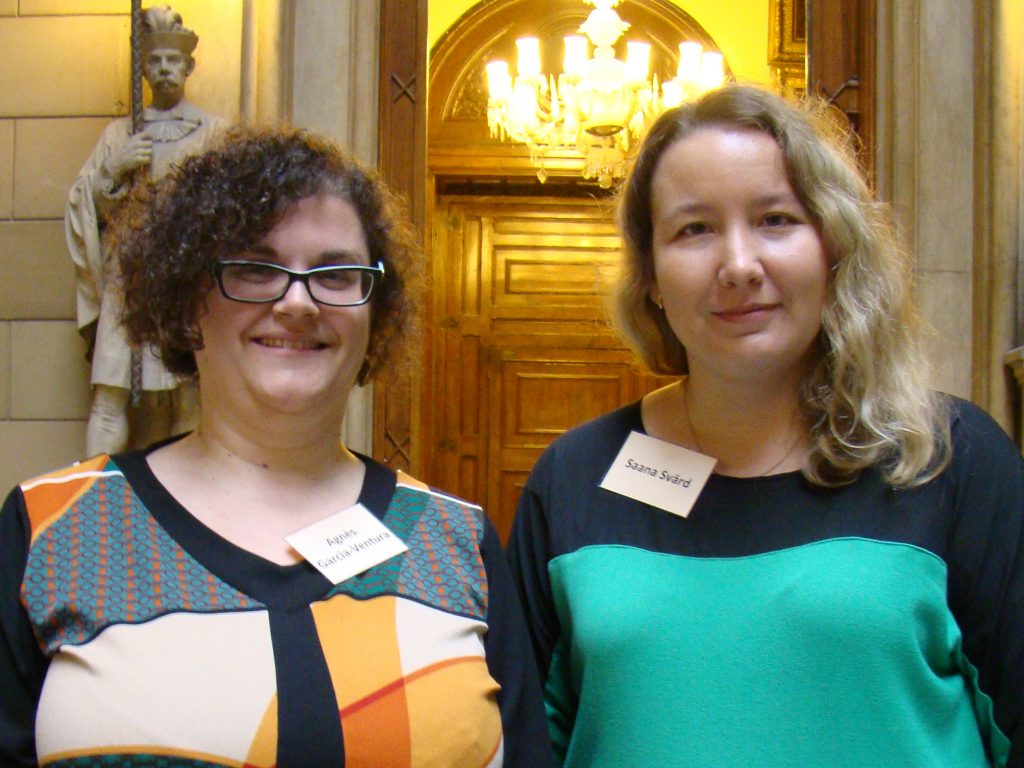
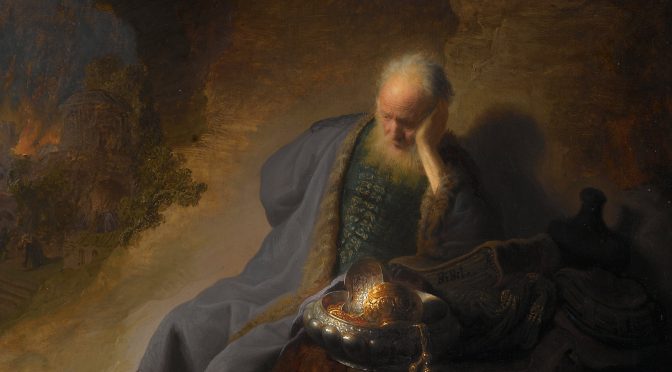
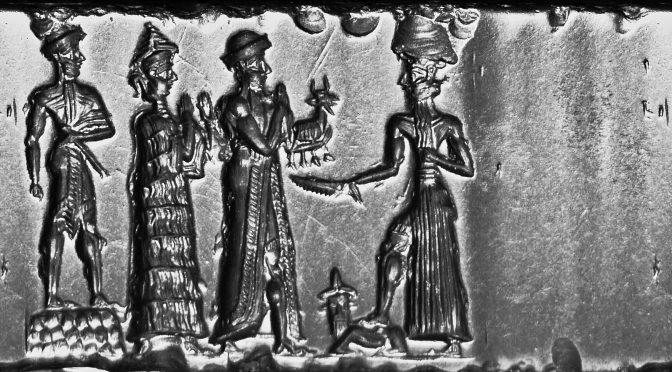
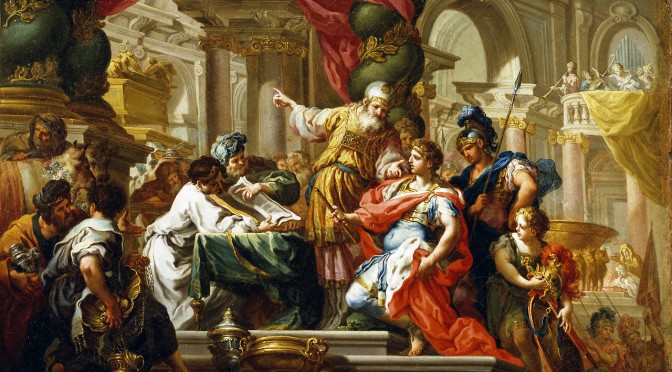
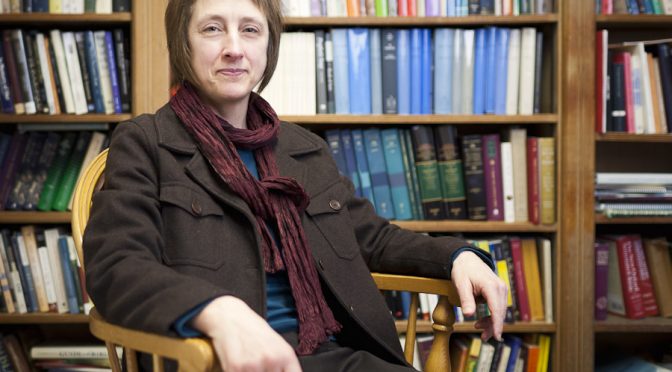
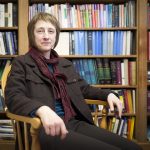 rofessor of Old Testament/Hebrew Bible at Emmanuel College and holds a joint appointment with the Department for the Study of Religion in the area of early Judaism and a cross-appointment to the Department of Near and Middle Eastern Civilizations at the University of Toronto. She is also a faculty member of the Centre for Jewish Studies.
rofessor of Old Testament/Hebrew Bible at Emmanuel College and holds a joint appointment with the Department for the Study of Religion in the area of early Judaism and a cross-appointment to the Department of Near and Middle Eastern Civilizations at the University of Toronto. She is also a faculty member of the Centre for Jewish Studies.